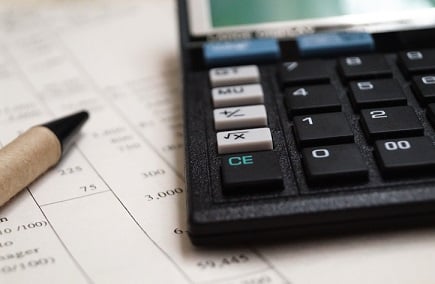The CRA has yet to recover uncollected revenues from offshore tax evaders

Almost two years after the first reports on the Panama Papers, fifteen governments have reportedly recouped a total of US$500 million in unpaid taxes related to the tax-haven revelations. But according to the Canada Revenue Agency, it will take at least another two and a half years to have an idea of how much can be returned to Canadian coffers.
Among the countries with reported tax recoveries, Spain announced the largest windfall amounting to $156 million as of November, according to CBC News. Last month, the Australian Tax Office said it had collected $49 million. Ecuador, meanwhile, said it recovered $82.6 million. Other nations, as reflected in tax-recovery figures compiled by the International Consortium of Investigative Journalists, include Mexico, Lithuania, and Malta.
But the CRA said it is still auditing 123 taxpayers implicated in the Panama Papers. CRA spokesperson Patrick Samson said the files are “complex and will take time to complete,” adding that taxpayers must be allowed to exhaust any appeals before it can collect, potentially adding years to the timeline.
“The CRA has reported on collections related to offshore projects in the past, some four to seven years after the projects ... started,” the agency said.
And unlike some other governments that have allowed disclosures from taxpayers tied to the Panama Papers, the CRA is only allowing voluntary disclosures under “exceptional circumstances.” That means no one can have amnesty from penalties and criminal prosecution, but CRA auditors will have to trace paper trails across potentially thousands of pages of documentation.
“[T]he revenue agency does a very good job if you're trying to hide your money in Canada and not pay taxes,” said Sen. Percy Downe. “But on overseas tax evasion, they give people a free pass.”
The agency has previously been questioned on its ability to take appropriate action in recovering taxes lost offshore.
The CRA claims to have launched several criminal investigations and executed search warrants based on the Panama Papers involving “both participants and facilitators” in offshore tax schemes. But when asked for details on the said warrants, the agency reportedly refused to provide any, citing taxpayer privacy.
Related stories:
CRA tightens regulation for voluntary disclosures
The Queen, Trudeau linked to 'Paradise Papers' investments
Among the countries with reported tax recoveries, Spain announced the largest windfall amounting to $156 million as of November, according to CBC News. Last month, the Australian Tax Office said it had collected $49 million. Ecuador, meanwhile, said it recovered $82.6 million. Other nations, as reflected in tax-recovery figures compiled by the International Consortium of Investigative Journalists, include Mexico, Lithuania, and Malta.
But the CRA said it is still auditing 123 taxpayers implicated in the Panama Papers. CRA spokesperson Patrick Samson said the files are “complex and will take time to complete,” adding that taxpayers must be allowed to exhaust any appeals before it can collect, potentially adding years to the timeline.
“The CRA has reported on collections related to offshore projects in the past, some four to seven years after the projects ... started,” the agency said.
And unlike some other governments that have allowed disclosures from taxpayers tied to the Panama Papers, the CRA is only allowing voluntary disclosures under “exceptional circumstances.” That means no one can have amnesty from penalties and criminal prosecution, but CRA auditors will have to trace paper trails across potentially thousands of pages of documentation.
“[T]he revenue agency does a very good job if you're trying to hide your money in Canada and not pay taxes,” said Sen. Percy Downe. “But on overseas tax evasion, they give people a free pass.”
The agency has previously been questioned on its ability to take appropriate action in recovering taxes lost offshore.
The CRA claims to have launched several criminal investigations and executed search warrants based on the Panama Papers involving “both participants and facilitators” in offshore tax schemes. But when asked for details on the said warrants, the agency reportedly refused to provide any, citing taxpayer privacy.
Related stories:
CRA tightens regulation for voluntary disclosures
The Queen, Trudeau linked to 'Paradise Papers' investments



